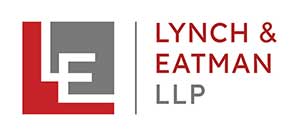Guiding Clients through the Estate and Trust Administration Process
When you have taken the time to put together a comprehensive estate plan, you deserve to have the peace of mind that comes from knowing that your wishes regarding the distribution of your estate and related matters will be implemented effectively when the time comes.
At the law firm of Lynch & Eatman, L.L.P., our Raleigh attorneys have extensive experience with North Carolina’s probate process. Our estate planning clients can rely on us to assist their executors and trustees with the administration of their estates.
Helping Your Family Implement Your Wishes and Settle Your Estate
Most people choose to put their estates in the hands of family members whom they trust to implement their wishes impartially. In most cases, however, these family members are not attorneys and are not familiar with the probate and trust administration process.
The assistance of a lawyer who was involved in the process of crafting your estate plan can be invaluable when your family is confronted with the task of settling your affairs. Our firm will guide you through the entire process.
Maria M. Lynch has been board-certified by the North Carolina State Board of Legal Specialization as an estate planning and probate law specialist. She and the other lawyers at our firm have the experience to help your family settle your estate properly.
To learn more about our firm’s estate planning and probate services or to discuss any questions or concerns you may have about probate and trust administration in North Carolina, please contact us at 919-944-4655 or by email to schedule a meeting with our attorneys.

